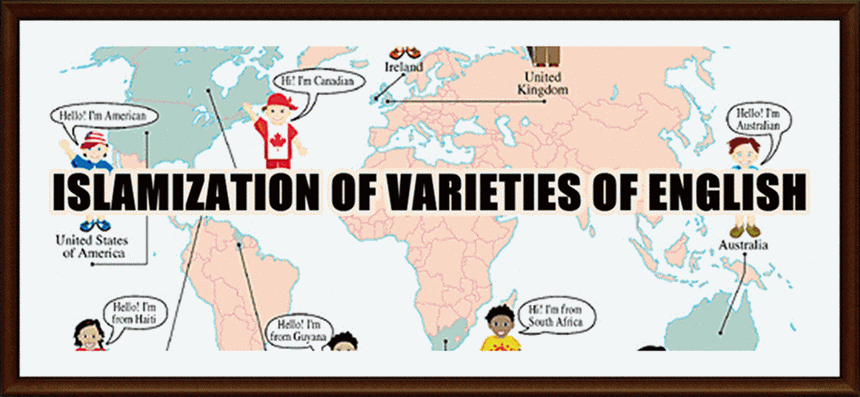Assalamualaikum w.b.t.
This week’s lesson is on Islamization of Knowledge. Dr.Rozina started the class with acknowledgement and appreciation to Dr.Mahmudul Hasan as we will be using power point slides prepared by him throughout the class. There are few questions that leave us pondering in the first slide.
Who do we represent?
Who will benefit if we do well in studies?
Who do we really represent? Some said the university. But frankly, starts small. How we carry ourselves is the reflection of our parents, our family. All we do is the representation of our upbringing. Whatever we do, are doing, will do, or has done is everything for the good name of our family. It starts with family and upbringing, then moving to the other levels such as school, university, country, and most of all, we are definitely representing our religion.
This applies for who will benefit if we do well in studies too. Of course, doing well in study is a dream of every man called student. Satisfaction of our own achievement will surely made us happy and proud of ourselves; besides being thankful and grateful to Allah S.W.T for make it happen.
“The relationship of the believer with another believer is like (the bricks of) a building, each strengthens the other.” (Bukhari and Muslim)
Then we have this question, which indeed makes us wonder, once again;
“The believers in their mutual kindness, compassion and sympathy are just like one body. When one of limbs suffers, the whole body responds to it with wakefulness and fever.”
The application is the same with how we must be concern with our brothers and sisters in Islam. When we did not do something if they are not covering themselves properly, we were not fulfilling our duty as da`ie in this world. Dr.Rozina told us a hadeeth or story in the time of Prophet Muhammad S.A.W when there was one time the Prophet was too shy to say something to this one man to stop doing what he was doing, so he asked Umar r.a to do it. This is because of his sense of respectfulness to other people that he wishes to never embarrass anyone in any ways.
We also learned on how to incorporate Islamic values in the disciplines of sociology, history, political science or any other subjects ever existed. As mentioned by Prof. Dr. Sidek Baba, there are few steps in integrating Islamic perspectives which include integrating between the subjects inter disciplinary curriculum, the values, human potential, and tawhidic perspective. Prof. Dr. Sidek Baba also embraces the principles of integrated curriculum. The principles are understanding the human potentials from the Islamic perspective, understanding the source of knowledge in Islam , Al-Qur’an and Sunnah, as well as all knowledge must be based on tawhidic perspective.
Islamization is all about reflections of understanding. For example, English students learned about poetry. There are so many proses and poetry talking about nature, thus taught us to appreciate, acknowledge, and admire Allah’s creation. Assalamualaikum w.b.t.



No comments:
Post a Comment